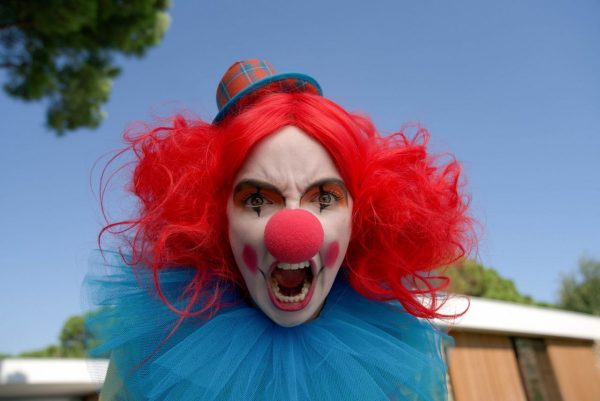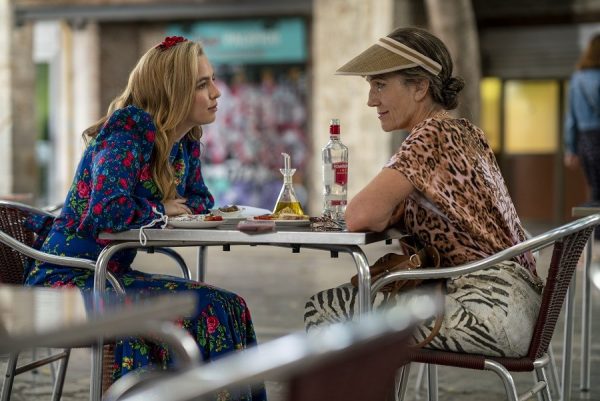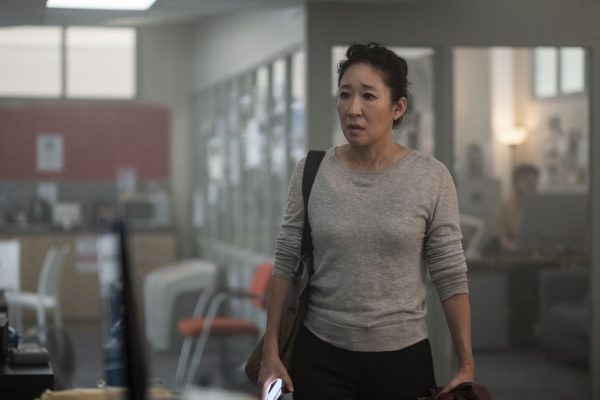Martin Carr reviews the second episode of Killing Eve season 3…
There is a darkly comic edge which intrudes into the wake of Kenny Stanton. A denial from former colleagues, recent lovers and grieving mothers makes everything feel awkward. That this group would rub shoulders in broad daylight without the privacy normally afforded them, starts episode two with an emotional sucker punch. Interested parties pretend to grief beneath a professional sheen of civility, whilst blindsiding each other with inane small talk. His cause of death is scrutinised, inappropriate comments voiced and abrupt departures are made after the fact.
Elsewhere our anti-hero assassin with supremely expensive taste manages to mask her contempt, play verbal volleyball with an old associate and brush up on balloon animals. There is a ticking time bomb of temptation in between the opulent locations, slices of sarcasm and dour dramatics back in Blighty. Harriet Walter remains on blistering form in the guise of world weary Russian operative Dasha, while Sandra Oh grounds dramatic intentions in every scene.
In terms of emotional heft however it is Fiona Shaw who walks away with the plaudits as Carolyn finally lets her personal and professional interests clash. During early scenes opposite Pemberton’s Paul and later drowning her in grief in overtures, she takes time to sketch flecks of grief into confrontations, conversations and sardonic asides. Her balancing act alongside Oh is the most impressive as it enables tone to be maintained in direct opposition to Comer’s disarmingly callous approach to killing.
Alongside these players who make up the bulk of this forty minute episode there are now other interested parties. Old newspaper bosses, intrusive government officials and Eastern bloc operatives intent on disrupting Eve’s recuperation. Once again the sass, savagery and salacious undercurrent simmers beneath the surface of a series in full flow. Confidence on this level and this early into a third run says much about the people in charge.
Flitting around between locations and casually weaving plot threads in between dialogue exchanges only looks this easy with hard work. A self-assurance which comes from solid casting, flawless writing and clear direction drives events forward. Signalling to a global audience that Villanelle is not only back but playing the long game.
Martin Carr













